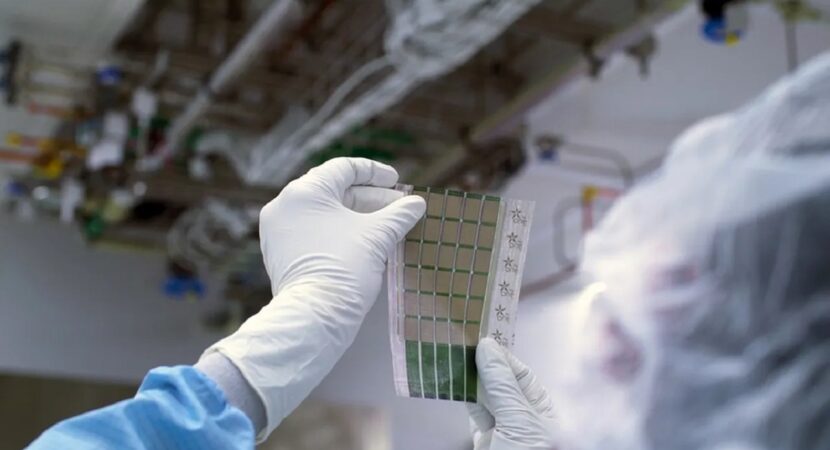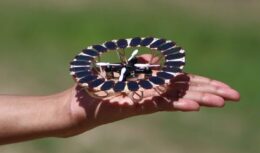
MIT scientists have developed a new ultra-thin solar film technology capable of generating electrical energy. Innovation can revolutionize the solar energy market, given that it can be applied anywhere.
Scientists from MIT (MIT) have developed an unprecedented photovoltaic cell technology that promises completely change the solar energy market. The technology also promises to change the concepts of solar energy generation in the future. The innovation is about solar cells made of ultralight fabric, capable of transforming any surface into a source of energy.
Solar cells weigh one-tenth the weight of conventional solar panels
MIT's new technology has good durability as well as impressive flexibility and is much thinner than a human hair. The cells are bonded to strong, lightweight fabric, making installation on fixed surfaces much easier.
In this way, from this new technology from MIT, which could reach the solar energy market, it is possible to generate energy on the go, as a wearable energy fabric or transport and install it quickly in remote locations for assistance in emergencies, for example.
Developed cells are one-hundredth the weight of conventional solar panels sold in the solar energy market and have the capacity to generate 18 times more energy per kilogram and are made of semiconductor inks using printing processes that can be scaled in the future for production in large areas.
Due to its lightness and other characteristics, the new MIT technology can be laminated on different surfaces. They can be integrated into the sails of a boat, for example, to provide power at sea, attached to tents and tarpaulins that are installed in disaster recovery operations, or applied to the wings of drones to extend their autonomy. This lightweight technology can be easily installed in developed environments with minimal installation needs.
MIT pronounces on technology production
According to the leader of the Organic and Nanostructured Electronics Laboratory, director of MIT.nano and senior author of a new paper describing the work, Vladimir Bulovic, the metrics used to evaluate new solar cell technology are generally limited to their energy conversion efficiency and their cost in dollars per watt. Also important is integrability, that is, the ease with which the new technology can be adapted.
Lightweight solar fabrics allow completeness, giving current work a boost. Scientists have struggled to boost the use of solar energy, given the current urgent demand to deploy new energy sources that do not emit CO2.
Ordinary silicon solar cells are fragile, so they must be encased in glass and packaged in a heavy, thick aluminum frame, limiting where and how they can be installed.
New solar energy cells are printable
For several years now, a team at MIT's ONE Lab has been making solar cells using an emerging class of thin-film materials that were so light they could sit on top of a soap dish. However, these ultra-thin solar cells were produced using complex vacuum-based processes, making the process expensive and creating challenges for installation.
This time, researchers have developed thin-film solar cells that are fully printable, using ink-based materials and scalable production techniques.
For the production of the new technology, nanomaterials were used in the form of printable electronic inks. They coat the cell structure using a slit matrix coater, which deposits layers of electronic materials onto a prepared release substrate just 3 microns thick.











Army summons Brazilians with up to…
Come be a watermelon, you too
Air Force F-16 fighters…
Which genocide are you talking about? Than…
Air Force F-16 fighters…
Everything is fine, 100-year secrecy,…
Air Force F-16 fighters…
Well... It's flying scrap... Typical...
Brazil begins an ambitious journey…
Very poor project with the final station…
I'm a security guard but I can work somewhere else...
Correct
Congratulations!! Simply congratulations 👏👏👏 the whole team 👏…
Go suck a pipi you pig
Go suck a pipi
You want piss in that mouth of yours
God doesn't want
Do you like pipi